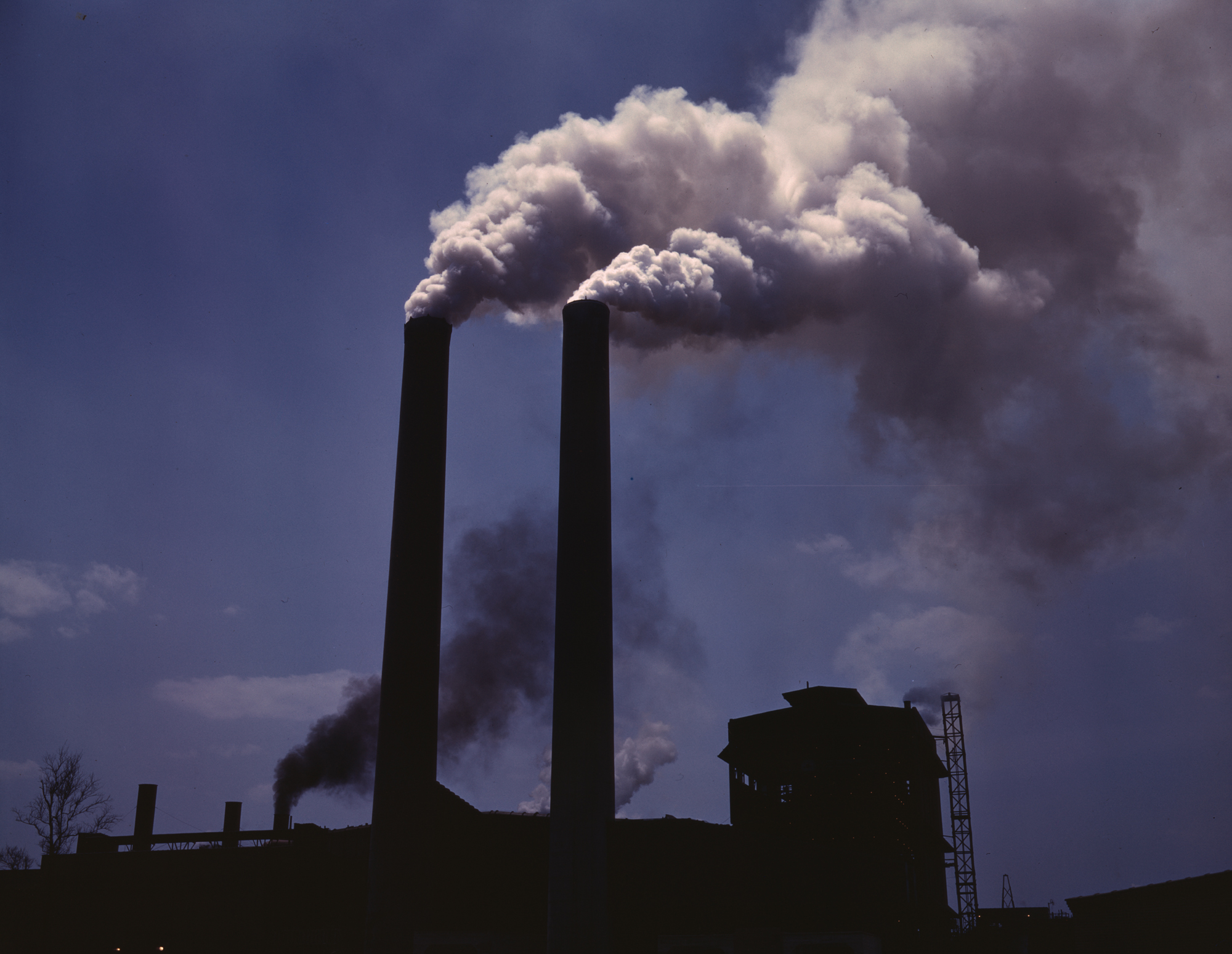Maryland Attorney General Brian Frosh filed a lawsuit against the EPA on Sept. 27 for its failure to act on a November petition mandating power plants in five upwind states to lower emissions affecting air quality in this state.
“The petition that we filed months ago with the [Environmental Protection Agency] was the most comprehensive in the history of the Clean Air Act under the Good Neighbor provisions,” Maryland environment secretary Ben Grumbles said.
One of the first modern U.S. environmental laws, the Clean Air Act, regulates air emissions. The “good neighbor provisions” require states to include measures that prevent any significant impacts on downwind states when planning for regulating in-state air pollution, Grumbles said.
[Read more: Maryland attorney general joins lawsuit against Trump’s DACA decision]
Gov. Larry Hogan was supportive of filing a notice of intent to sue the EPA, Grumbles said. The Clean Air Act mandates that the EPA know about potential lawsuits against it for 60 days before they are filed.
Grumbles said he is disappointed that the EPA did not respond during the 60-day period and left him with no choice but to file the lawsuit.
Hogan’s willingness to file suit is part of why Willem Klajbor, sustainability director of the University of Maryland’s Student Government Association, sees this lawsuit as meaningful.
“From a political standpoint, this is significant because this shows that the Hogan administration isn’t afraid to go against the Trump administration and that he’s willing to stand up to Trump,” the senior economics and environmental science and policy major said.
This state has sued the Trump administration multiple times. In June, Maryland and Washington, D.C., filed a lawsuit against the administration, alleging that Trump violated anti-corruption clauses in the Constitution that prohibit him from accepting payments from foreign governments without congressional consent.
[Read more: Maryland and D.C. sue Trump for allegedly violating Constitution’s anti-corruption clauses]
Last month, Frosh joined the attorneys general of California, Maine and Minnesota in suing the Trump administration for the termination of the DACA program, which allows undocumented immigrants who came to the United States as children and meet certain requirements to work and study in two-year blocks.
Research indicates 36 power plant units in Indiana, Kentucky, Ohio, Pennsylvania and West Virginia contribute “at times” to poor air quality in Maryland, according to a press release. The 2016 petition asked the EPA to make sure the 19 power plants and five upwind states would run pollution controls at their 36 power units continuously during the ozone season, Grumbles said, because that would make “a big difference for us downwind in Maryland,” and would help Maryland comply with the ozone standards.
“Maryland has actually done an excellent job improving its air quality when it comes to pollutants like ozone, which can be really harmful when they’re being breathed in by human beings,” Klajbor said.
Environmental policy issues involve multiple states most of the time, Klajbor said, because air and water pollutants don’t adhere to state boundaries. If states adhere to these regulations, Grumbles said, it would also help the Chesapeake Bay, which is affected by nitrogen pollutants.
If the EPA doesn’t respond, it’s an “open-and-shut case,” Grumbles said.
“The judge will direct them to respond, and this is an important step for us to make sure that the lungs of Marylanders are protected and that the Chesapeake Bay is protected,” he said.
Staff writer Carly Taylor contributed to this report.



